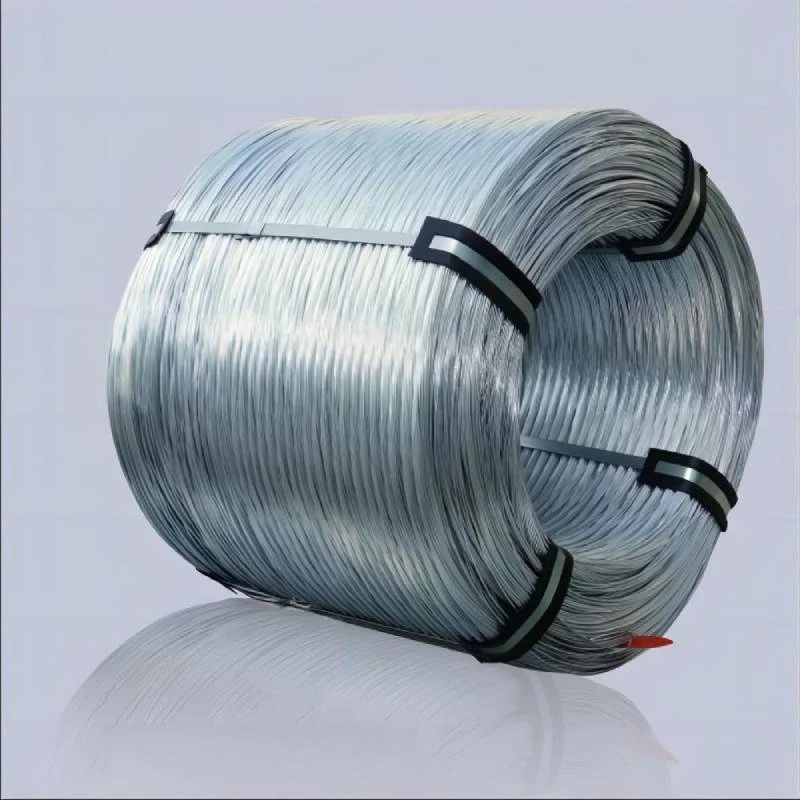Exploring Various Nail Types for Woodworking and Construction Projects
Types of Nails for Wood A Comprehensive Guide
When it comes to woodworking projects, choosing the right type of nail is crucial for ensuring stability, durability, and the overall success of the project. With a vast array of nails available, understanding their specific uses and characteristics can make a significant difference. Below, we explore some of the most common types of nails ideal for wood applications.
1. Common Nails
Common nails are the workhorse of the nail world. They feature a flat head and are typically used in framing, carpentry, and general construction. Made from steel, these nails are strong and have a thicker shaft, providing excellent holding power. They come in various lengths, making them suitable for different thicknesses of wood.
2. Finishing Nails
Finishing nails are designed for applications where aesthetics are essential. They have a smaller, flatter head that can be countersunk to leave a smooth surface. This makes them perfect for trim work, moldings, and cabinets, where visible nail heads would detract from the finished look. Finishing nails come in various sizes and are often used in conjunction with wood glue for added strength.
3. Brad Nails
Brad nails are similar to finishing nails but are thinner and typically shorter. They are ideal for attaching delicate materials without splitting the wood. Brad nailers are commonly used for light woodwork, such as lightweight moldings, cabinetry, and small projects where precision is key. Their small size allows them to be easily concealed.
types of nails for wood

4. Roofing Nails
Roofing nails are specifically designed for roofing applications. They usually have a larger, round head to hold roofing materials like shingles securely in place, preventing water from seeping underneath. They are often galvanized to resist rust and corrosion, ensuring longevity in outdoor conditions.
5. Concrete Nails
Though primarily used to fasten wood to concrete, concrete nails can also be useful in woodworking when securing beams or joists to a solid surface. These nails have a hardened shaft and a special tapered point that allows them to penetrate concrete, making them great for projects where wood needs to be anchored to a sturdy base.
6. Spiral and Ring Shank Nails
Spiral and ring shank nails are designed for enhanced holding power. Their twisted or ridged shafts prevent them from being easily pulled out, making them ideal for deck building, outdoor structures, and areas subject to vibration or movement. They provide a strong grip, making them a favorite among contractors.
Conclusion
Choosing the right nail for your woodworking project is essential for achieving a professional finish and ensuring structural integrity. By understanding the different types of nails available, you can select the most suitable option for your specific needs, whether it's for framing, finishing, or roofing. With the right nails in hand, you’ll be well on your way to creating durable and aesthetically pleasing wooden structures.
-
Space-Saving Chain Fence Hacks Vertical Gardening with Cyclone MeshNewsJul.16,2025
-
Innovations in Iron Nail Wire Production for Modern ConstructionNewsJul.16,2025
-
Creative Uses of Wire Netting Fence in Modern Landscape DesignNewsJul.16,2025
-
Barbed Wire Fence Innovations in Anti-Climb TechnologyNewsJul.16,2025
-
Architectural Uses of Umbrella Nails for Aesthetic Roof DesignsNewsJul.16,2025
-
Architectural Uses of Razor Barbed Wire in Secure Urban DesignNewsJul.16,2025




